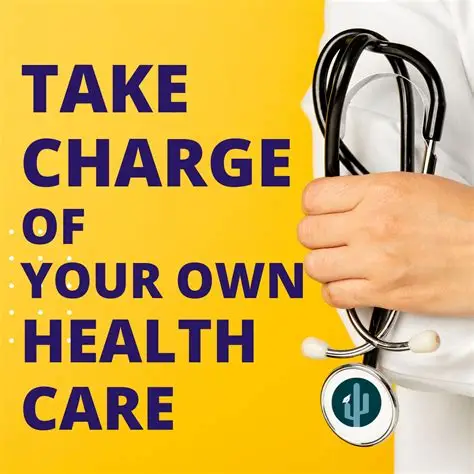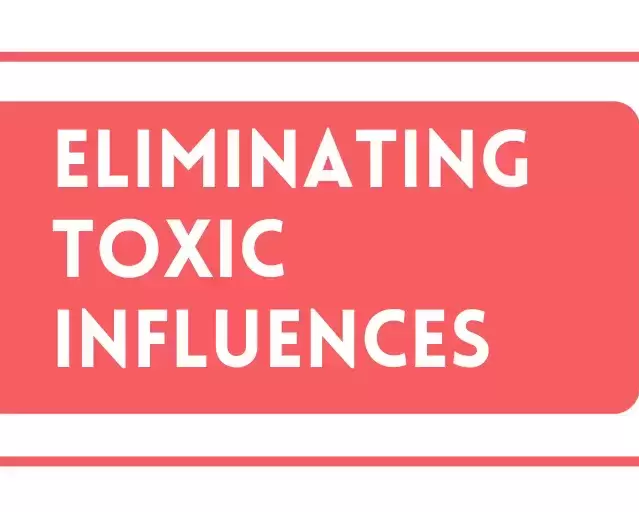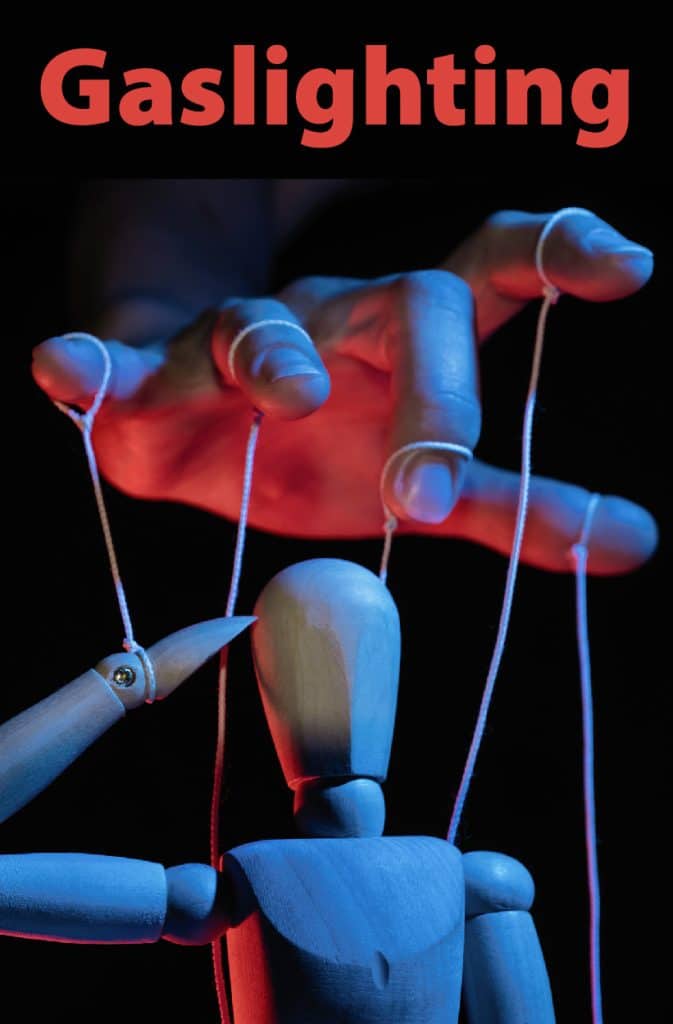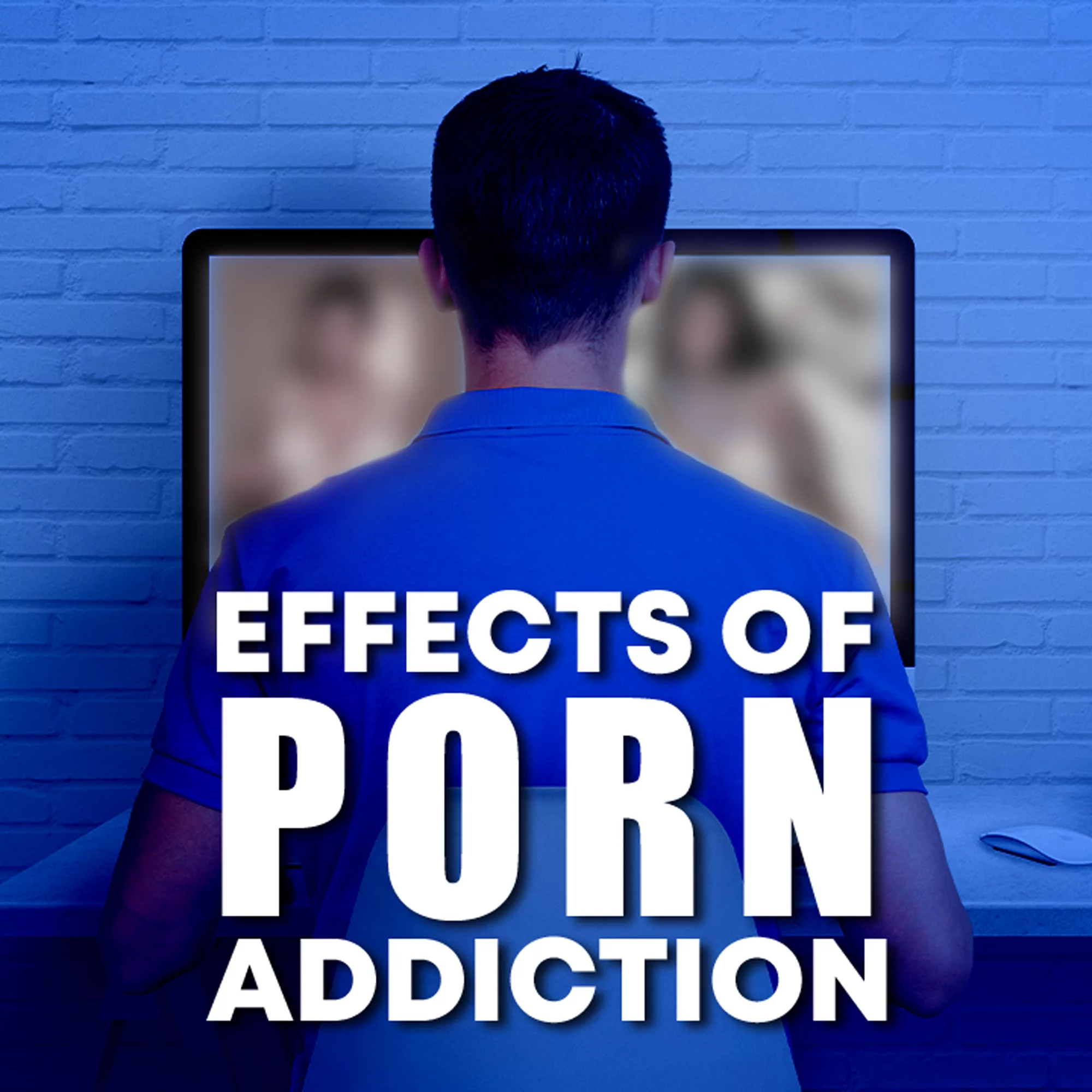Recovery Through Housing & Work
Helping someone in recovery find stable housing and meaningful work can completely change their journey for the better by creating safety, routine, and a renewed sense of purpose. These two foundations support sobriety by reducing stress, increasing independence, and strengthening confidence during a vulnerable time. While it can feel overwhelming to know where to begin … Read more









